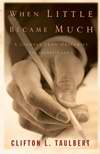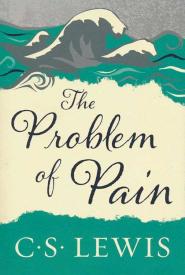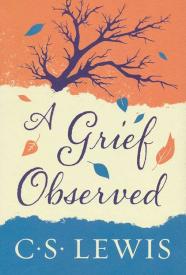When Little Became Much
$14.99
Thank you for choosing to walk into my world, the Mississippi Delta. I was born during the era of legal segregation. World War II was over and life in the American South had changed very little. “Jim Crow”-the system that supported legal segregation-was firmly entrenched. It was no different in my small hometown of Glen Allan, Mississippi. It was a cotton community where most of what we did was defined by that world. It was in that world of rigid laws and social restrictions that my life began. The difficulties of growing up in such an environment are well documented, from restricted social movement to hideous acts of racism. Yet it was there among the people I call the “porch people”-ordinary people who used their front porches to welcome our lives, to hold their informal meetings, and yes, to dream about our future-that I also experienced an incredible sense of community. God showed up in the unselfishness of the ordinary people who became extra-ordinary leaders in the stories that I would write into best-selling cultural biographies.
-Prologue, When Little Becomes Much
When a small book by the name of Once Upon a Time When We Were Colored tumbled out upon the table of public scrutiny, author Clifton Taulbert had no idea how God would use his small offering.
Like the boy with five loaves and two fishes, a brown-bag lunch in the hands of Jesus became a feast of contentment and hope for thousands.
In this simple telling of how unknowing obedience to God had a global impact upon untold numbers of lives, Clifton Taulbert once again shares the themes of life and faith and hope that transformed his future.
No matter how small an offering you have, when you follow that God-nudge in your heart, you will begin a journey that takes little and turns it into much. From Glen Allan, Mississippi, to the Capitol building and beyond the seas, follow author Clifton Taulbert’s story of what God can do with a small bag of food for the hungry heart.
in stock within 3-5 days of online purchase
SKU (ISBN): 9780924748639
UPC: 885713000338
Clifton Taulbert
Binding: Cloth Text
Published: July 2005
Publisher: MileStones International Publishers
Related products
-
Problem Of Pain
$17.99For centuries Christians have been tormented by one question above all — If God is good and all-powerful, why does he allow his creatures to suffer pain? C. S. Lewis sets out to disentangle this knotty issue but wisely adds that in the end no intellectual solution can dispense with the necessity for patience and courage.
Add to cart1 in stock (additional units can be purchased)
-
And The Two Became One Journal
$16.50HARDCOVER, COPTIC BOUND JOURNAL: Allows book to lay completely open when flat for ease of use
192-LINED PAGES: Journal measures 6.5 x 8.5 x 0.75-inches
BECOME ONE: White with gold foil print; reads “And the two shall become one”
INCLUDES 8 ALTERNATING PHRASES: Each page has a different message about marriage, relationships and love
Add to cartin stock within 3-5 days of online purchase
-
Hollywood Commandments : A Spiritual Guide To Secular Success
$25.99DeVon Franklin, New York Times bestselling author of The Wait and prominent Hollywood producer, reveals that secular and spiritual success are not opposites. To have one, you need the other.
You can be wildly successful without losing your faith. In fact, your secular success will strengthen your faith if you allow it. Too often we believe that success in secular environments contradicts the core principles of faith, but the opposite is true: Your faith was designed to thrive in the secular world and to transform it as a result. You may never experience the true fulfillment you were created for until you pursue the secular ambitions in your heart.
New York Times bestselling author DeVon Franklin knows this to be true. In The Hollywood Commandments, the prominent Hollywood producer and spiritual success coach reveals 10 life-changing lessons picked-up from his over-twenty-year career in the entertainment business. You won’t learn these lessons in the church yet they will help you achieve an amazing life and thriving career that glorifies God. The Hollywood Commandments will help you:
–Identify how to use what makes you unique to propel your career.
–Overcome fear and build the courage to pursue new opportunities waiting for you.
–Gain the confidence to make important life decisions with greater peace and clarity.
–Negotiate the life and career advancement you deserve.No, you don’t have to work in Hollywood for this book to work for you, these “commandments” apply to every walk of life! If you are stuck, looking for the secrets to advance your career, or have a feeling there’s more to life, this book is for you.
Add to cart1 in stock
-
Grief Observed
$15.99Written by C. S. Lewis with love and humility, this brief but poignant volume was first published in 1961 and courageously encounters the anger and heart-break that followed the death of his wife, an American-born poet, Joy Davidman. Handwritten entries from notebooks that Lewis found in his home capture the doubt and anguish that we all face in times of great loss. He questions his beliefs in this graceful and poignant affirmation of faith in the face of senseless loss.
Add to cartin stock within 3-5 days of online purchase






Reviews
There are no reviews yet.